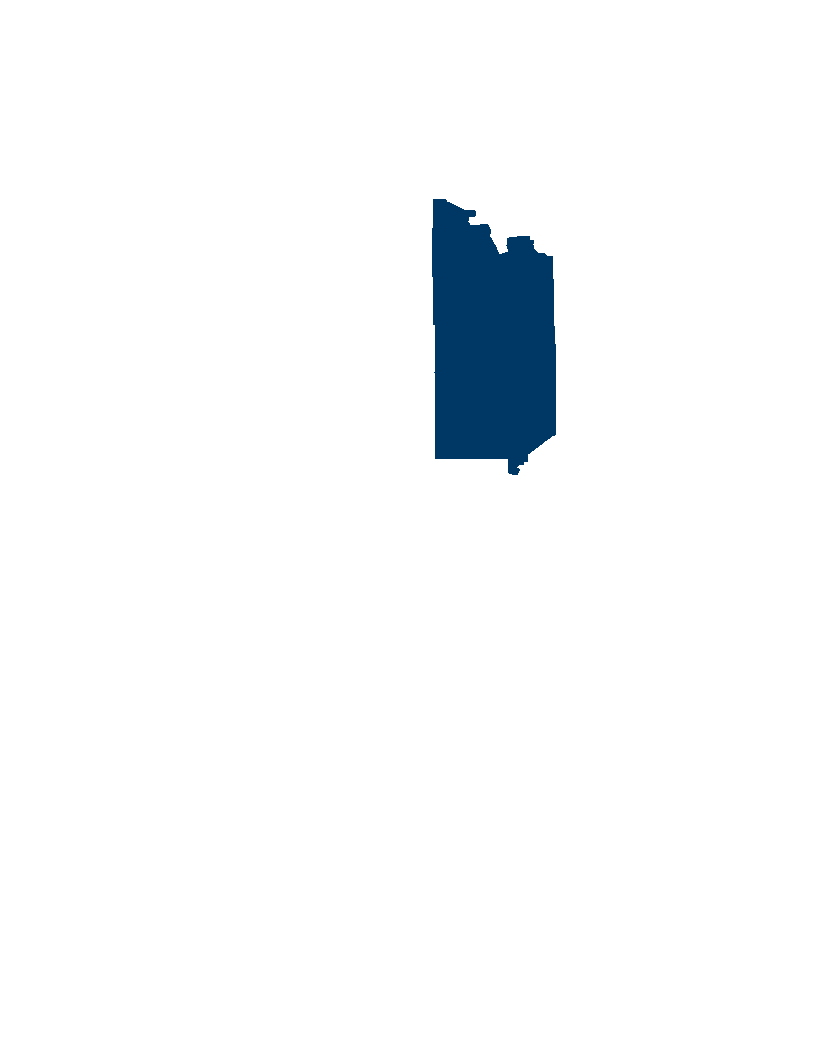Operating Support
Operating Support
To fund operations in support of the Ely Folk School's expanded Instructor Development Program.
Kathy Neff: musician, Director, Fine Arts Academy at the University of Minnesota-Duluth; Emily Swanson: arts administrator at Oldenburg Arts and Cultural Community; Sam Zimmerman: visual artist, teacher; Liz Engelman: dramaturg, founder and director of Tofte Lake Center; Nik Allen: Author, Photographer, Arts Supporter; Khayman Goodsky: Filmmaker; Janie Heitz: Director of Arts Museum; Peggy Kelly: Community Arts organizer; Veronica Veaux: Indigenous Bead Worker
Rachel Klesser: Visual Arts, Neilia Harper: Visual Arts, Patti Paulson: Visual Arts
ACHF Arts Access
The Ely Folk School is highly oriented to the community. We solicit feedback every other spring in a survey of all constituents. We send a class evaluation form to students and event participants. Staff read the evaluations and will respond immediately to pressing concerns as well as incorporate more general feedback into program development. Staff are regularly available to converse with and hear feedback from artists, instructors, and community members. When the pandemic hit, we listened to community voices and moved to online programming as early as April 2020. The Ely Folk School, buoyed by high enrollment and demand, expanded our program schedule to be year-round. Previously, classes were not scheduled during the slower tourist months (January, March, and April). The Instructor Development Program was conceived by listening to instructors and artists at Instructor Happy Hours and during casual conversation at the Ely Folk School. Every person who participates in one of our programs receives an evaluation form they may fill out anonymously. This allows us on the programmatic and day-to-day level to receive feedback about our facilities, communications, instructors, and classes. We use this information to improve our email messaging to registered students and find classes that our students would like to see. We also take relevant feedback and relay it to each instructor, so that they may continue to develop their teaching philosophy and material. Our staff work from the Ely Folk School classrooms and are available to the public during their work hours. People often stop by to ask about our classes and programs, inquire about the studio, and pitch new classes. The accessibility of both our staff and board to the public is an important way for us to gauge how our community uses our programs. Feedback of particular interest is discussed at monthly Team (staff + board) meetings. ; Folk schools are inherently intergenerational and non-competitive with no grades and no credits, which encourage learning for life instead of for exams. In our modern digitized culture, where direct human contact is diminished, folk schools offer interaction, dialogue and shared experience. Coming together through learning and conversation enhances our individuality, dispels isolation and reinforces connection to community. We expect students to be challenged yet supported. We're proud of our innate ability to bring together diverse groups of people. Our small classes often consist of students from many generations and a variety of zip codes. In tourist towns like Ely, there can grow a sentiment of frustration amongst locals, directed at the crowds of visitors. There is a dearth of opportunities for tourists to engage meaningfully with locals. The Ely Folk School is one of the few venues that aims to foster that communication and connection.
